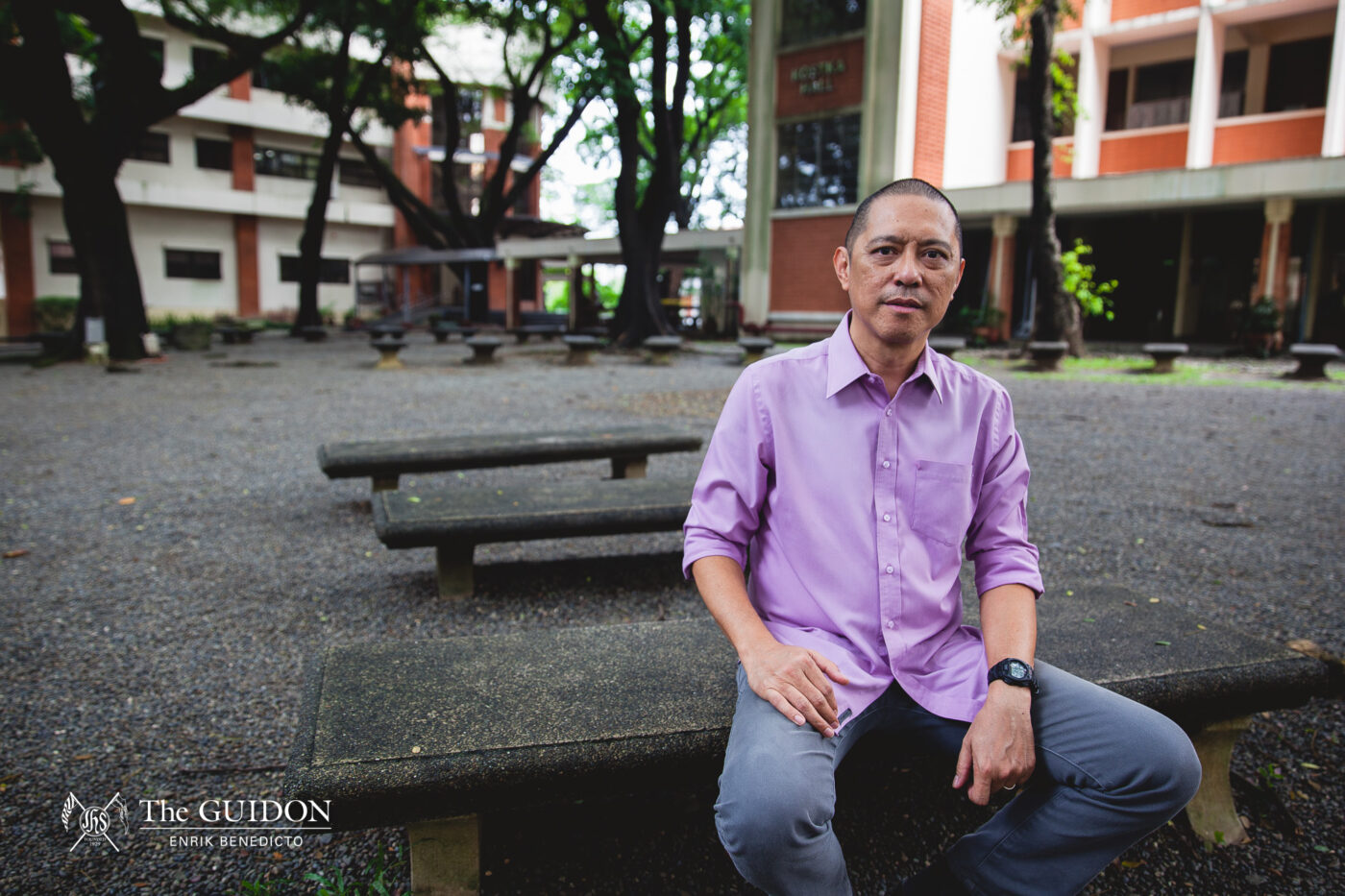THE OFFICE for Student Services (OSS) organized several gender and development initiatives in time for the first semester of school year 2017-2018.
Pursuant to the Commission of Higher Education’s (CHED) Memorandum Order (CMO) No. 1, Series of 2015, the Loyola Schools (LS) administration created the Gender Focal Committee, or “gender audit,” to review the university in terms of gender sensitivity.
The gender audit will also assess the curriculum, research, and outreach efforts of the LS and determine if they are gender-responsive. It is currently headed by the Vice President for the Loyola Schools (VPLS) Maria Luz Vilches, PhD.
Reporting sexual harassment
On May 31, Vilches released a memorandum on the procedures for filing and handling sexual harassment cases. Following the CMO, the university is mandated to establish a Committee on Decorum and Investigation (CODI), specifically created to handle all sexual harassment cases.
OSS Director Cholo Mallillin said that they did not release the memo on social media on May 31 because they wanted it to have the widest reach of students, which includes the freshmen of the new school year.
According to the memo, any LS member filing a sexual harassment complaint should first write a letter to the VPLS. The VPLS then determines within ten days of receiving the complaint, whether the case falls under the prescriptions of the CMO.
Once determined, cases involving sexual harassment will be forwarded to the CODI, while cases involving other acts of sexual misconduct will be forwarded to the LS discipline body corresponding to the complainant.
According to the CMO, sexual harassment is “an act, or a series of acts, involving any unwelcome sexual advance, request, or demand for a sexual favor, or other verbal or physical behavior of a sexual nature, committed by an employee or official in the work-, training-, or education-related environment of this person being complained of.”
Mallillin hopes that the memo’s release will empower victims of sexual harassment and misconduct to report and file cases against their perpetrators. He also said that the administration is currently focusing on improving its anti-sexual harassment policy.
Assimilating practices
Assistant to the VPLS for Formation Rene San Andres also announced the development of gender sensitivity training workshops. These will serve as a gatekeeping mechanism to ensure that all LS employees are gender-sensitive.
According to Mallillin, the administration is also exploring the need for a Gender and Development Office, and is benchmarking with other universities that already has this office in place, such as Miriam College (MC) and the University of the Philippines-Diliman.
The administration is also seeking gender sensitivity training from MC for both the services and formation clusters. These trainings, which will be overseen by San Andres, will equip LS employees with the knowledge on how to handle cases involving sexual misconduct and harassment.
“Since [OSS is] the office that receives complaints or incident reports on sexual misconduct cases, these are very gender-sensitive type of reports, [and we] need to know how to deal with such reports,” said Mallillin.
Trans women Gianne Esguerra and Josie Go said that they “appreciate” the efforts of OSS and described them as “very progressive.”
“I think this initiative to inform and educate the whole Ateneo community about LGBT issues is a step towards the right direction and is a very much needed course of action because a number of people are affected by such issues,” said Go.
On restrooms
Since The GUIDON’s report last April on the issue of transgender students using their preferred restrooms, the OSS has been finding ways to approach the issue.
The OSS is in talks with the Office of Facilities and Sustainability, the Office of Administrative Services, and eventually the Offices of the President and Vice President, regarding the implementation of gender-neutral restrooms.
Some transgender students said that they prefer the implementation of gender-neutral restrooms, while others simply want the freedom of going to their preferred restroom.
“[Having a gender-neutral restroom, for both trans and cisgendered people] is good for those who are uncomfortable going to a bathroom labeled and limited to a gender. There are people who don’t necessarily conform to such constructs,” said Esguerra.
“Personally, I prefer converting all restrooms into gender-neutral restrooms, and not just simply adding gender-neutral restrooms alongside restrooms that are strictly for men and women. However, since this solution may not be the easiest plan to carry out, I think the best way to solve this issue as of now is to just allow transgender students to be able to use the restrooms that they prefer to use,” said Go.
In response, Mallillin said that it is not just a matter of being for or against the implementation of such restrooms. Rather, there are several factors involved such as logistics, costs of production, communication and branding, policies, and consultations with parents, faculty, staff, and the administration.
Mallillin also mentioned that there is also the risk of gender-neutral restrooms being sites of sexual misconduct and harassment.
However, he said that they are “moving forward” on addressing the call for gender-neutral restrooms through data-gathering, consultation, and collaboration with other concerned offices and the Sanggunian.
Meanwhile, Esguerra and Go, who are also officers of the Ateneo Dollhouse, said that they are looking into starting a formal institution outside Dollhouse through sectoral representation in the Sanggunian. According to Go, this would serve as the “official LGBT sector” and would formally address LGBT concerns in the Ateneo.







